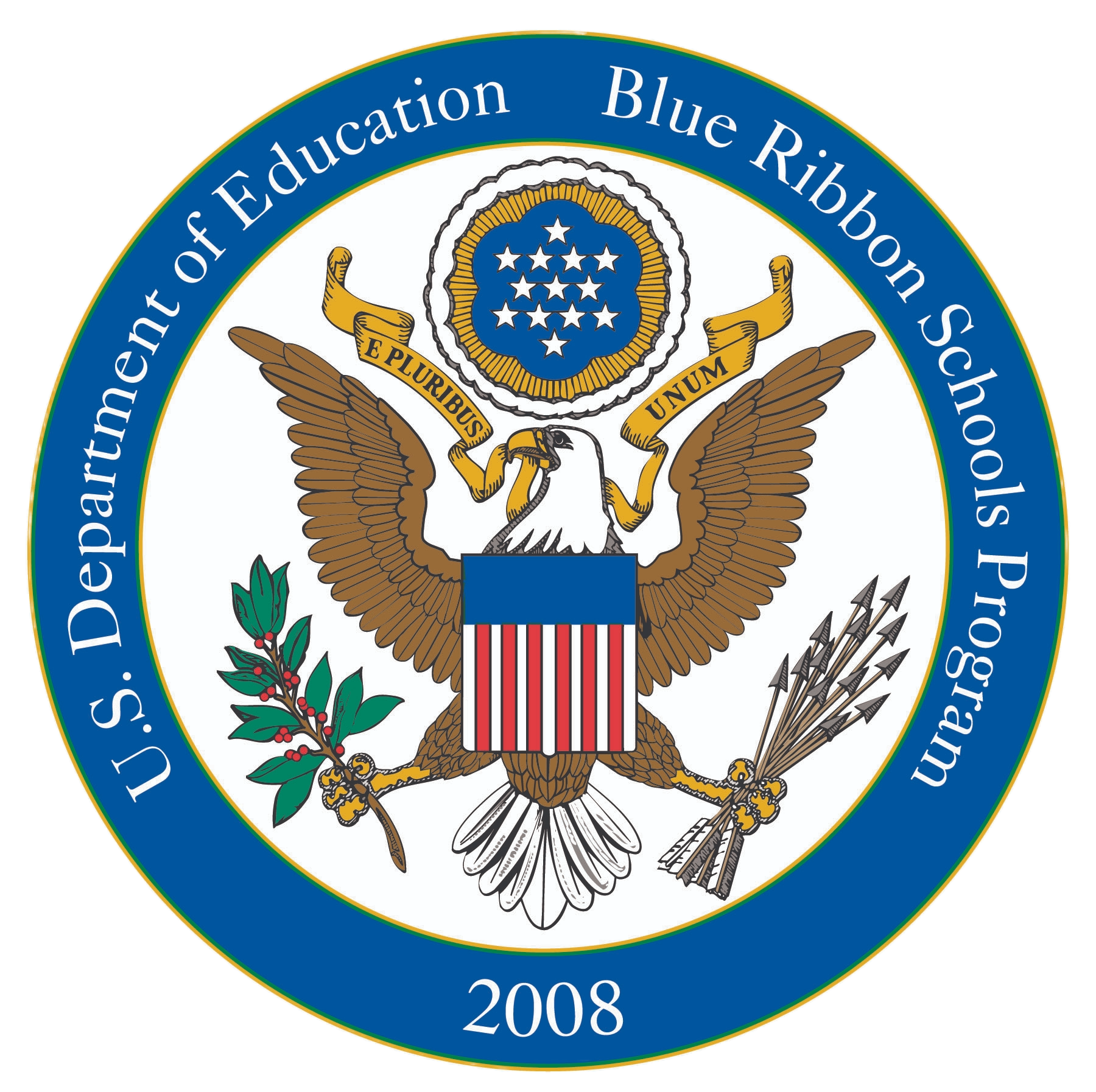PBIS is a school-wide behavior support system designed to enhance learning and reduce problem behavior. Werner implemented PBIS in the spring of 2007 and is based on solid research in the fields of education, behavioral psychology, biomedical science and systems change. It uses data as the basis for decision making to achieve the best possible academic outcomes for all students. For more information on PBIS, you can go to http://www.pbis.org/.
What are the outcomes associated with school-wide PBIS?
- Decrease in office discipline referrals
- Increase in instructional time
- Decrease in staff time spent on discipline issues
- Efficient and effective use of resources
- Increase in school safety
- Sustainability through a team approach
Features of School-Wide PBIS;
- School-wide behavioral expectations (R.O.A.R. Code)
- Teaching behavioral expectations to all students
- Acknowledge and recognize appropriate behavior
- Monitor and guide toward positive behavior
- Ongoing use of data for decision making
- Build family and community collaboration
R.O.A.R. CODE
Our Werner staff believes that students should be positive contributors to the climate of the school. We believe all students can and should learn self-discipline. In order to help students learn how to make responsible decisions, we will emphasize the following: R- Respect O- Own your behavior A- Attitude that is positive R- Responsibility It is important that students cooperate in an effort to make school an exciting place to learn by supporting the ROAR code for themselves and others. When a child demonstrates an inappropriate behavior that infringes on the positive atmosphere of the school, previously known consequences will be enforced.





